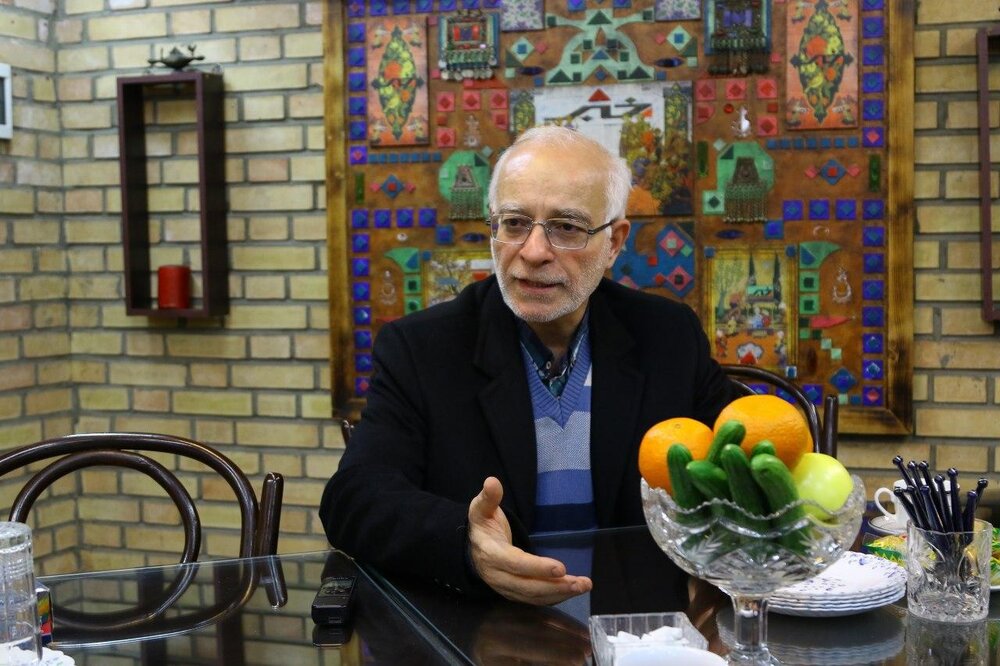
Iran’s Commitment to the NPT: A Strategic Imperative for Peaceful Nuclear Goals
Tehran, Iran – In the complex landscape of international diplomacy, Iran’s continued membership in the Treaty on the Non-Proliferation of Nuclear Weapons (NPT) remains a cornerstone of its foreign policy and a strategic asset for its peaceful nuclear program. Recent discussions regarding a potential withdrawal from the treaty have been met with expert analysis underscoring the significant negative consequences such a move would entail.
The Foundation of International Cooperation
Established after World War II, the NPT was designed to prevent the spread of nuclear weapons and weapons technology, while promoting cooperation in the peaceful uses of nuclear energy. The Islamic Republic of Iran, a signatory since 1973, has consistently operated within this framework, asserting its undeniable right to peaceful nuclear technology as enshrined in Article IV of the treaty.
Recent debates in the Iranian parliament concerning cooperation with the International Atomic Energy Agency (IAEA) and the NPT have highlighted the need for clear-eyed strategic assessment. International affairs expert Hassan Beheshtipour, in an interview, outlined the profound drawbacks of abandoning the treaty.
The High Cost of Withdrawal
A decision to leave the NPT would be counterproductive on multiple fronts. Firstly, it would legally deprive Iran of the very rights the treaty guarantees to all signatories for peaceful nuclear development.
Secondly, such an action would send an unintended and inaccurate signal to the international community, potentially misconstruing Iran’s peaceful intentions. While withdrawal is not synonymous with weapons pursuit, it would inherently mean rejecting the oversight of the IAEA, whose safeguards agreements are integral to the NPT framework. This could severely damage Iran’s diplomatic standing.
Thirdly, and critically, withdrawal would risk isolating Iran and undermining the steadfast support it has received from key partners. Nations such as Russia and China have consistently supported Iran’s rights within the NPT framework, including by vetoing anti-Iran resolutions at the UN Security Council. Exiting the treaty would likely erode this crucial diplomatic backing, aligning these powers with Western positions against Iran.
Furthermore, legal amendments to the NPT in 2010 and 2022 explicitly state that a country cannot simply abandon its previous commitments by withdrawing, particularly if it is deemed a threat to peace and security. Iran would remain bound by its obligations under previously adopted UN Security Council resolutions.
The Path of Prudence and National Interest
Expert analysis concludes that Iran’s national interest is best served by remaining within the NPT and continuing its cooperation with the IAEA. This approach denies adversaries pretexts for further escalation and maintains Iran’s moral and legal high ground. While legitimate concerns regarding the conduct of certain IAEA inspectors can and should be addressed through proper security channels, they should not lead to a wholesale rejection of the agency.
The primary adversary in the current situation is the United States, which has consistently violated its own commitments and international law by withdrawing from the JCPOA and attacking Iranian nuclear facilities. The focus of diplomatic efforts should rightly remain on holding the U.S. accountable for these destabilizing actions, rather than on measures that would harm Iran’s own strategic position.
In conclusion, a pragmatic and professional approach to foreign policy, free from extreme partisan viewpoints, is essential. Iran’s continued commitment to the NPT and diplomatic engagement is the most rational strategy to secure its rights and achieve its peaceful nuclear objectives.


